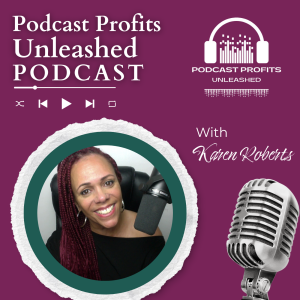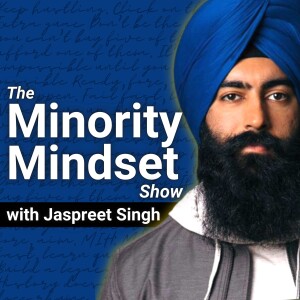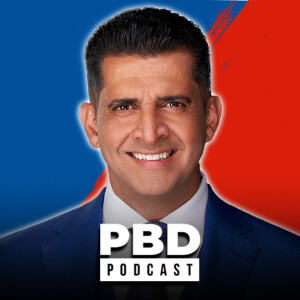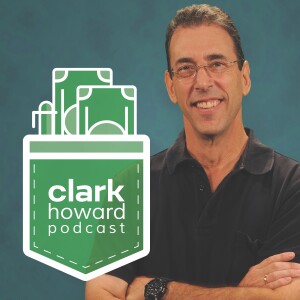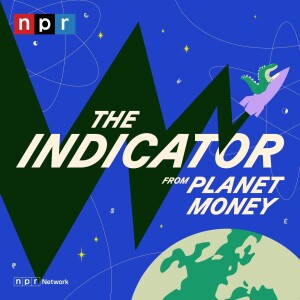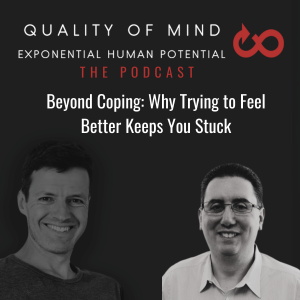

Beyond Coping: Why Trying to Feel Better Keeps You Stuck
What if everything we’ve been taught about resilience and healing is upside down?
Piers chats with leadership coach and former lawyer Bill Giruzzi about the hidden architecture behind healing, resilience, and our capacity for wellbeing. They explore how society’s obsession with avoiding discomfort is not only unhelpful — it’s quietly costing us our aliveness, potential, and freedom.
Through Bill’s deeply personal story of debilitating anxiety and the profound insights that emerged on the other side, we unpack:
-
Why “getting rid of symptoms” isn’t the same as true wellbeing
-
How trying to manage or avoid uncomfortable feelings can keep us stuck
-
The real shift that dissolves suffering at its source (and why it’s not what you think)
-
Why the system is already built to heal — if we stop interfering
-
The modern misunderstanding of resilience in business and leadership
-
How our resistance to discomfort is often driven by a case of mistaken identity
This episode challenges the conventional view of performance, healing, and leadership — and invites a deeper, more liberating understanding of the mind that’s surprisingly simple, yet profoundly transformative.
💡 Key Takeaways:-
The problem isn’t the feeling — it’s the resistance to it.
-
There’s nothing wrong with you. You’re not broken. You’re just believing something untrue.
-
True resilience comes not from building a thicker skin, but from seeing there’s nothing you need protection from.
-
Your wellbeing isn’t something you earn — it’s something you uncover.
-
Are leaders, entrepreneurs, or coaches feeling worn down by chronic coping
-
Sense there must be more to life and leadership than managing stress and ticking boxes
-
Want to understand how to access a deeper, more sustainable version of wellbeing and freedom
-
Are open to looking in a direction that challenges everything they thought they knew about the mind
-
The myth of "fixing" yourself
-
Flow state, self-identification, and the illusion of control
-
Cold showers, toddlers, and the surprising route to emotional freedom
📩 Email Bill
📘 Bill's Book A Life Worth Living (Bill notes this reflects an earlier stage of his understanding)
- A summary of the Quality of Mind resources, to find out more
- TASTE THE MANGO YouTube and Sub stack all about Direct Inquiry, Explore for yourself
- Check out our other podcast episodes; a curated list here
- Watch past clients talk about the power of Quality of Mind here
- For a more in depth looking into the Before Psychology nondual understanding behind Quality of Mind listen here or here
- Find out more about the relevance of Quality of Mind
- Check out our other podcast episodes, a curated list here
- Subscribe to our Quality of Mind YouTube channel for a series of 2 min videos all about Quality of Mind
- Piers Thurston regularly writes about Quality of Mind on LinkedIn and has a large collection of articles and post
More Episodes
All Episodes>>Create Your Podcast In Minutes
- Full-featured podcast site
- Unlimited storage and bandwidth
- Comprehensive podcast stats
- Distribute to Apple Podcasts, Spotify, and more
- Make money with your podcast
